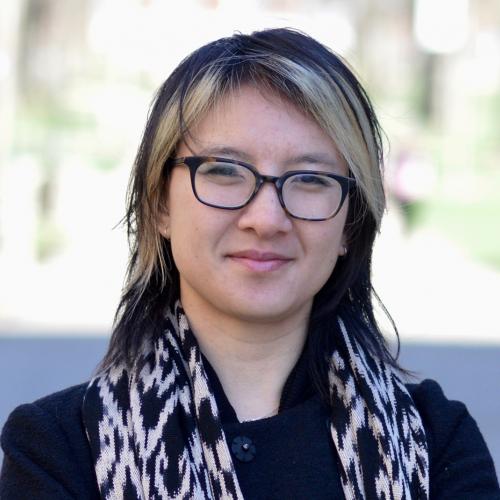Associate Professor Anita Say Chan will deliver the keynote at the 15th annual conference of the SHOT (Society for the History of Technology) Special Interest Group for Computing, Information, and Society (SIGCIS), which will be held on July 14 in Viña del Mar, Chile. SIGCIS is the leading international group for historians with an interest in the history of information technology and its applications. The theme for SIGCIS 2024 is "System Update: Patches, Tactics, Responses."
Chan will present "The Myth of Digital Universalism: Datafication, Technology and Power from Eugenics to Big Tech." Her talk will draw from her forthcoming book with the University of California Press, Predatory Data: Eugenics in Big Tech and Our Fight for an Independent Future. The book draws focus to eugenics as a forerunner to contemporary forms of predatory data, exploring eugenics' racialized datafication fever as the 20th Century's first popular, globally expansive information movement. It emphasizes how the targeted monitoring of minoritized populations has long been essential to dispossessive and profit-generating knowledge regimes that demanded the continuous profiling of populations, and that today, extend through sprawling systems of techno-surveillance and algorithmic discrimination. According to Chan, however, such systems are not inevitable. And today's global justice-based data initiatives as well as the data collaborations of nineteenth-century feminists, immigrants, and other minority groups that refused eugenic models, provide enduring lessons for how to counter predatory data.
Chan directs the Community Data Clinic at the National Center for Supercomputing Applications (NCSA) and co-leads the Just Infrastructures Initiative with faculty in the Grainger College of Engineering. She has served as a Fiddler Innovation Faculty Fellow at the NCSA, Provost Fellow for International Affairs and Global Strategies at the University of Illinois, and Faculty Affiliate at the Data & Society Research Institute in New York City. Chan received her PhD from MIT in the history and anthropology of science and technology studies.
